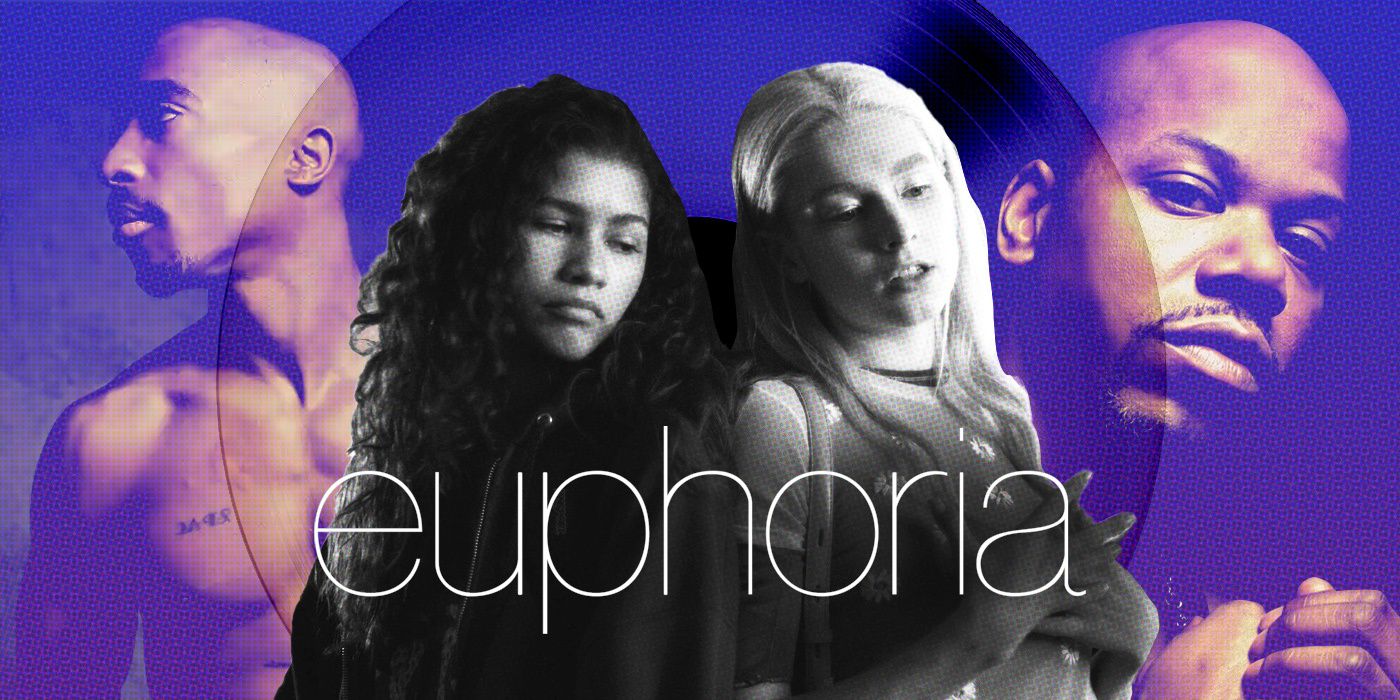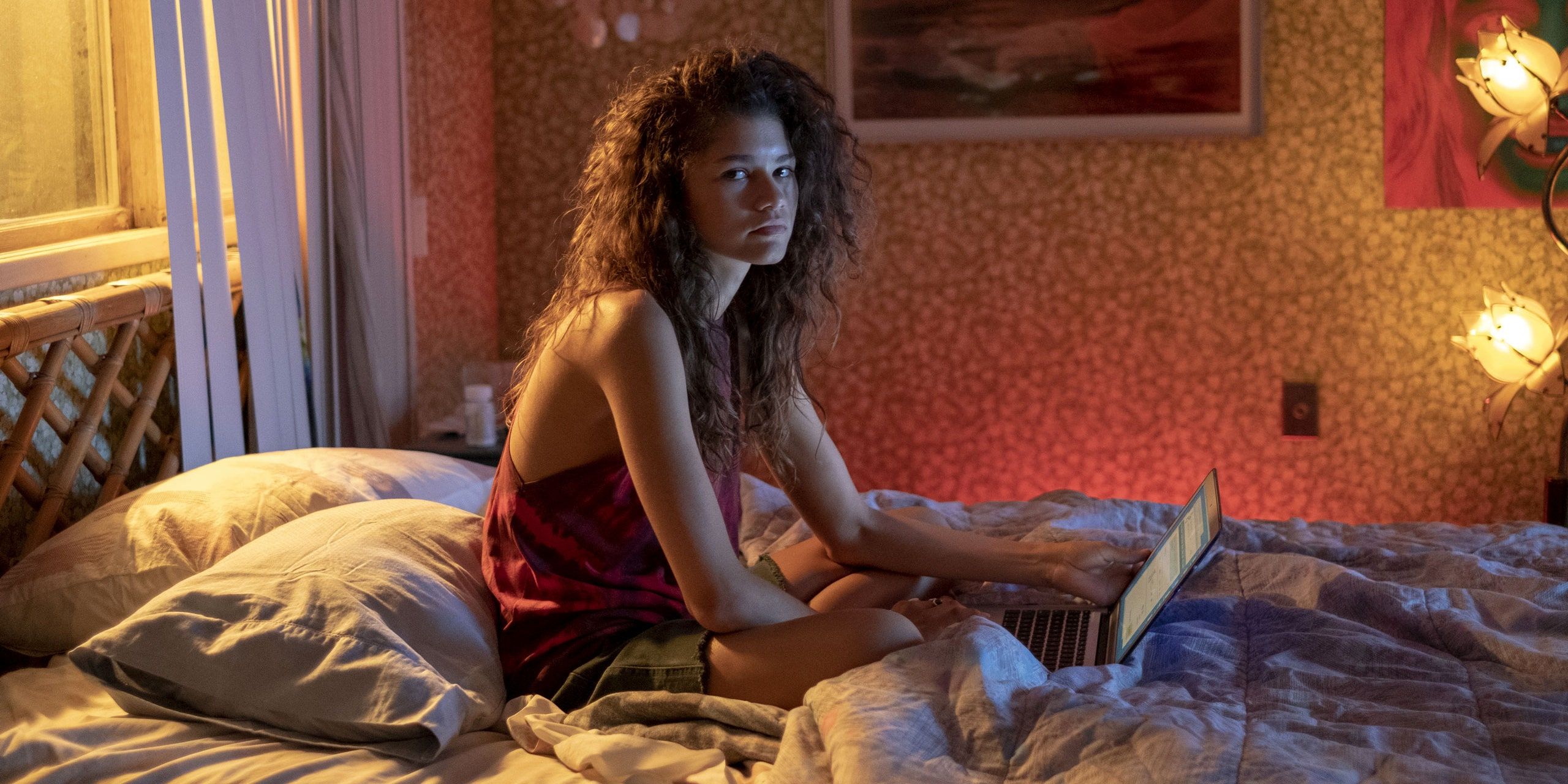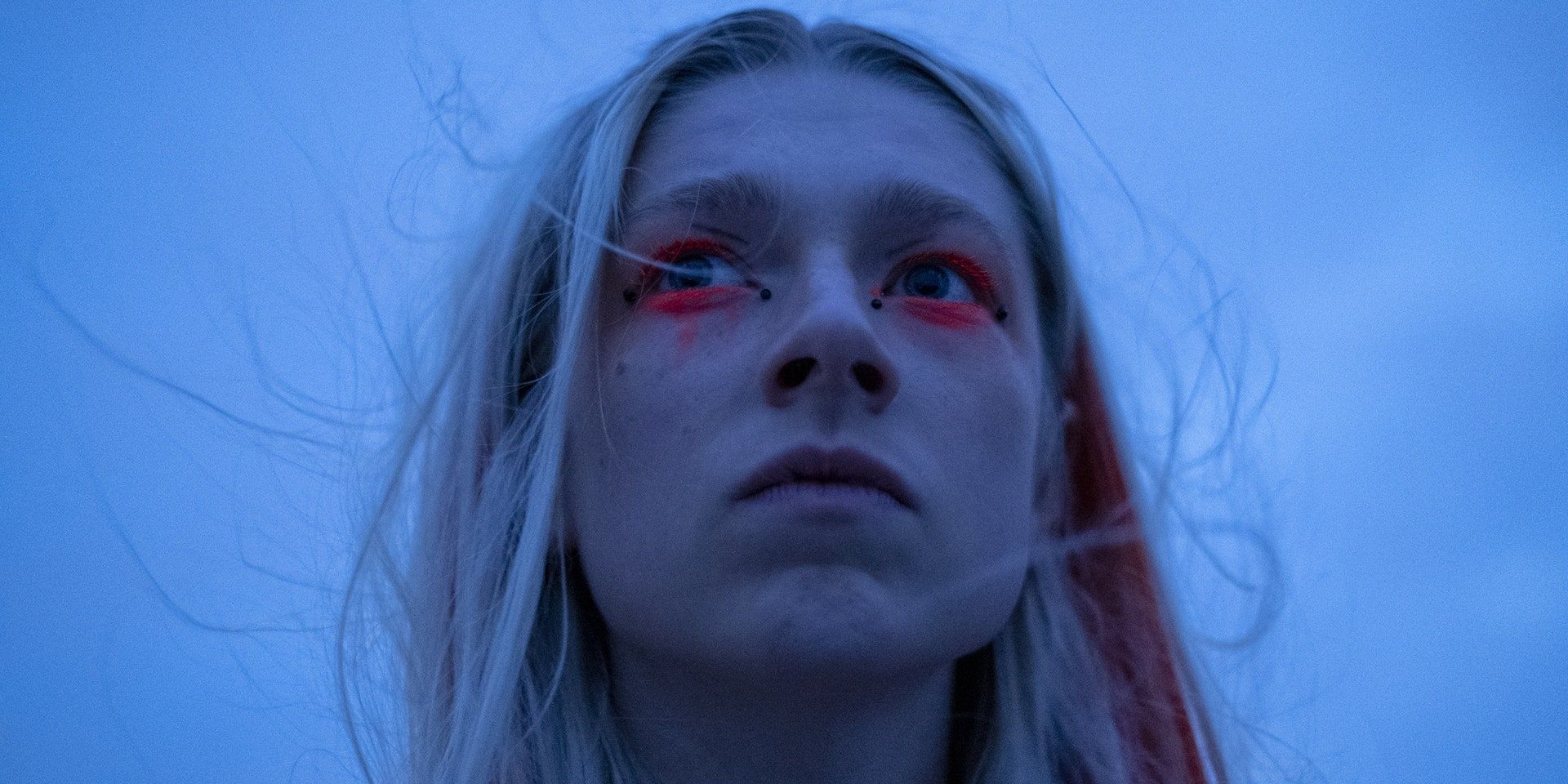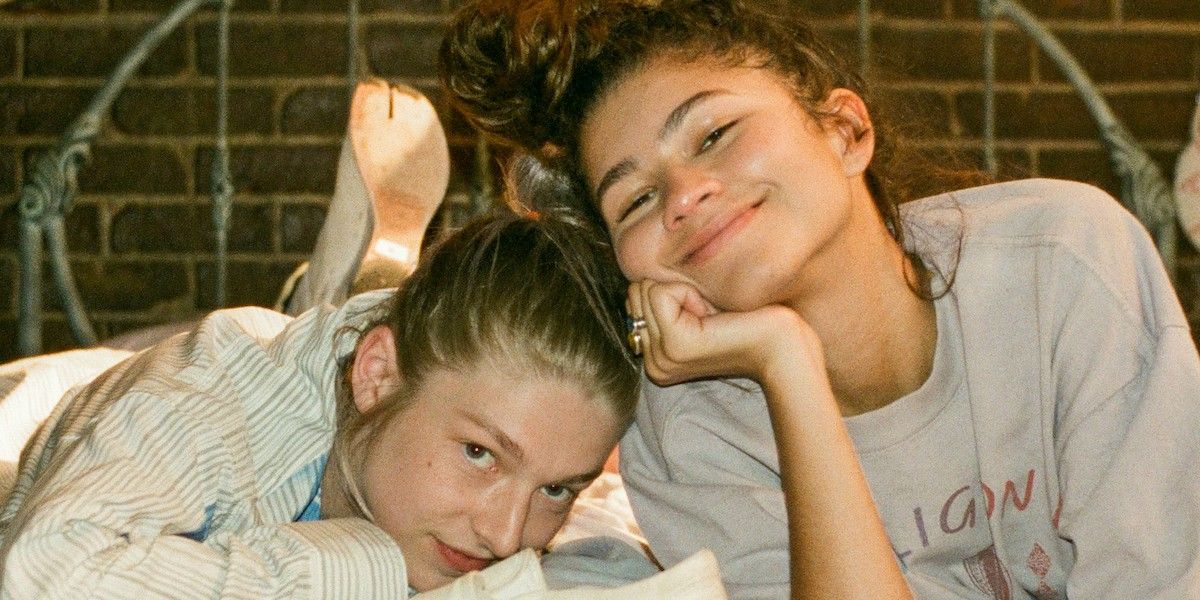There are a lot of things to quibble over when it comes to the verisimilitude of Euphoria. When did teenagers get this glamorous? Don’t they have homework to do? Did high schoolers always use this many hard drugs? Did that fifteen-year-old just murder someone with a hammer? Compared to all that, something as minor as music taste shouldn’t even register. But it’s been noted, most recently by rap columnist Alphonse Pierre at Pitchfork, that the Euphoria teens listen to a lot of rap from the 90s and 00s–far more than the average Gen Z kid.
Sure, it can be a bit jarring to see Too $hort played at a school dance in 2019, or for a modern teen house party to bump Biggie and Juvenile. There have always been teenagers, even popular teenagers, who appreciate older music, but that doesn’t mean they play it in social settings: the average high school party in the early 90s didn’t blast Led Zeppelin, after all. And it’s worth wondering if these particular teenagers would have this taste in music, just as it’s worth wondering if a girl like Maddy (Alexa Demie) would really dress as Jodie Foster’s character from Taxi Driver for Halloween.
However, to fuss over whether or not something on Euphoria would happen in real life is to miss the point. Teenagers in real life may not listen to deep cuts from 90s rap albums on the regular, just as most of them don’t do heroin or get enmeshed in blackmail plots. But it makes perfect thematic sense. Euphoria is a more stylized show than, say, The Sopranos, but it’s similar in the way it has its finger on the cultural pulse. Just as The Sopranos was about what it was like to live in America at the turn of the millennium, Euphoria is about what it’s like to be a member of Generation Z in America right now.
The answer? Not great! It’s no coincidence that protagonist Rue Bennett (Zendaya) was born a few days after 9/11. Those attacks were a violent paradigm shift, the moment when the relative peace and prosperity of the 90s gave way to turbulence, uncertainty, and fear. Aside from a brief period of national optimism following the election of Barack Obama, Rue and others of her generation have come of age in a world defined by that turbulence and uncertainty: the fallout from 9/11, the global financial crisis, the Trump era, the looming presence of climate change. The result is a generation of young adults who feel alienated and adrift, who believe they have no power and no control over their lives.
More than skimpy outfits, party drugs, or carousel-induced orgasms, Euphoria is defined by that sense of malaise. Few characters are happy, and even fewer are able to maintain that happiness; it hasn’t escaped notice that the YouTube compilation of “Rue’s happy moments” is barely one minute long. Their problems may not be universal–not everyone is mentally ill, not everyone has had a parent die, et cetera–but in their gnawing, numbing discontent, they represent their generation.
To make up for this overarching helplessness, the characters of Euphoria are constantly trying to gain control over something or someone. Broadly speaking, their drinking, drug use, and sexuality are attempts to take control of their own pleasure and their own self-worth. On an interpersonal level, Rue becomes obsessed with keeping her friend and lover Jules (Hunter Schafer) close; Nate (Jacob Elordi) is a controlling, abusive boyfriend towards Maddy; and a key moment of trauma for Cassie (Sydney Sweeney) is when she’s strong-armed into getting an abortion. These characters, like their generation as a whole, long to feel as though they are in control of their own destinies, and they’re always coming up short.
In that light, the choice to have these characters regularly listen to old-school rap makes perfect sense. When Rue raps along to “Hit ‘Em Up” by Tupac in the back seat of a car, or goes to a party where “Hypnotize” by The Notorious B.I.G. is playing, she’s immersing herself in music that’s all about exhibiting power and control. Rap music of the 90s and 00s placed a premium on boasting, beef, and myth-making: “Hit ‘Em Up” opens with Tupac bragging about sleeping with Biggie’s wife, and “Hypnotize” features Biggie specifying exactly what designer brands to buy for side chicks in specific cities (“I put hoes in NY onto DKNY/Miami, D.C. prefer Versace”). It’s not hard to see the potential for escapism in such larger-than-life music.
But it’s telling that these aren’t generic gangsta rap songs. “Hit ‘Em Up” and “Hypnotize” aren’t just by Tupac and Biggie: they’re specifically about being Tupac and Biggie, with everything that implies. “Hit ‘Em Up” is such a devastating diss track because it had real, personal venom based on Tupac and Biggie’s real, personal relationship. And “Hypnotize” is all about how great it is to be the Notorious B.I.G.: the repetition of “Biggie, Biggie, Biggie, can’t you see?/sometimes your words just hypnotize me” in the chorus feels purposeful. This is Biggie, and no one else.
And where were Tupac and Biggie when those songs were recorded? They were rap stars, already legendary and promising to grow even further; they enjoyed wealth, luxury, and power; they were the scions of the West and East Coasts. But there was a fatalism to their music, a grimness in even their most fun offerings, that suggested they knew it could all end in a moment: Biggie's debut album was literally called Ready to Die, after all. And yet they still presented themselves as indestructible, and when one listens to their music they feel indestructible, too.
What could be more enticing for somebody like Rue Bennett—someone who feels dread and emptiness and pain and heartache all around her, and yet strives desperately for pleasure and satisfaction all the same? Like the rest of her generation – and like Biggie and Tupac – she feels a Sword of Damocles hanging over her. But in this music, she sees a way to feel like the master of her own destiny.




